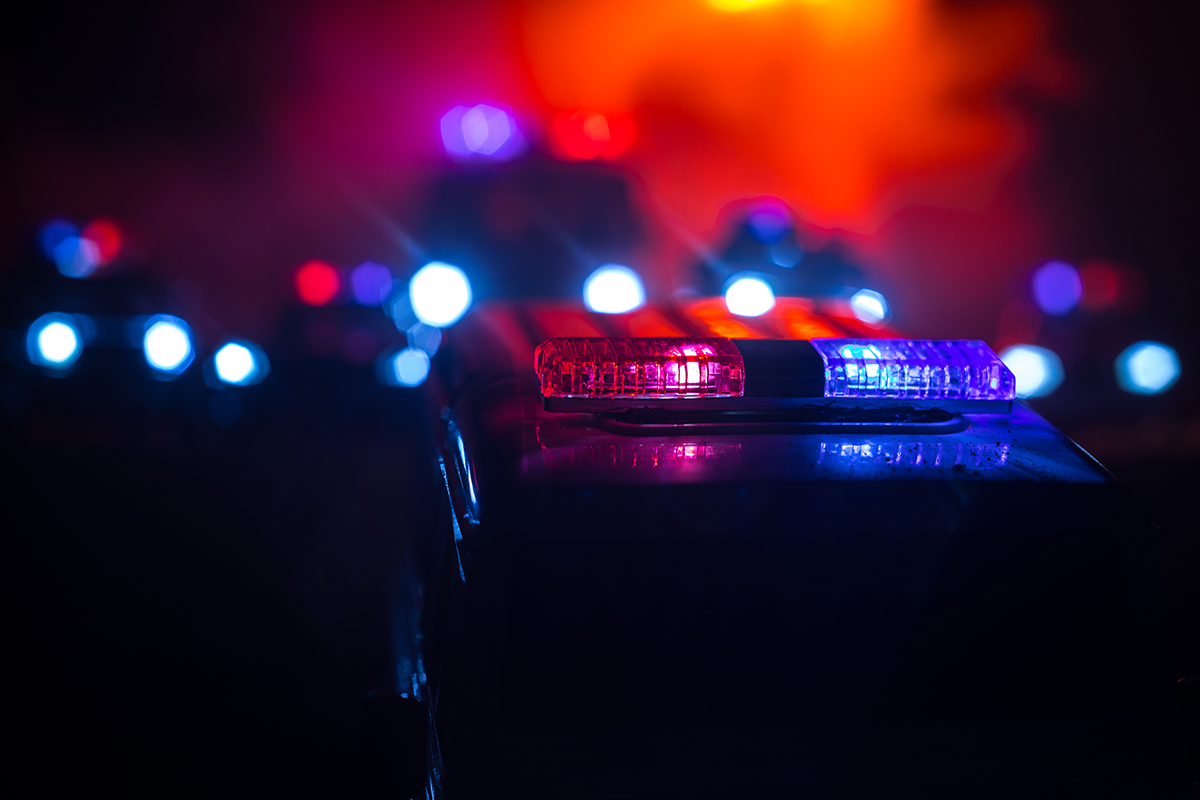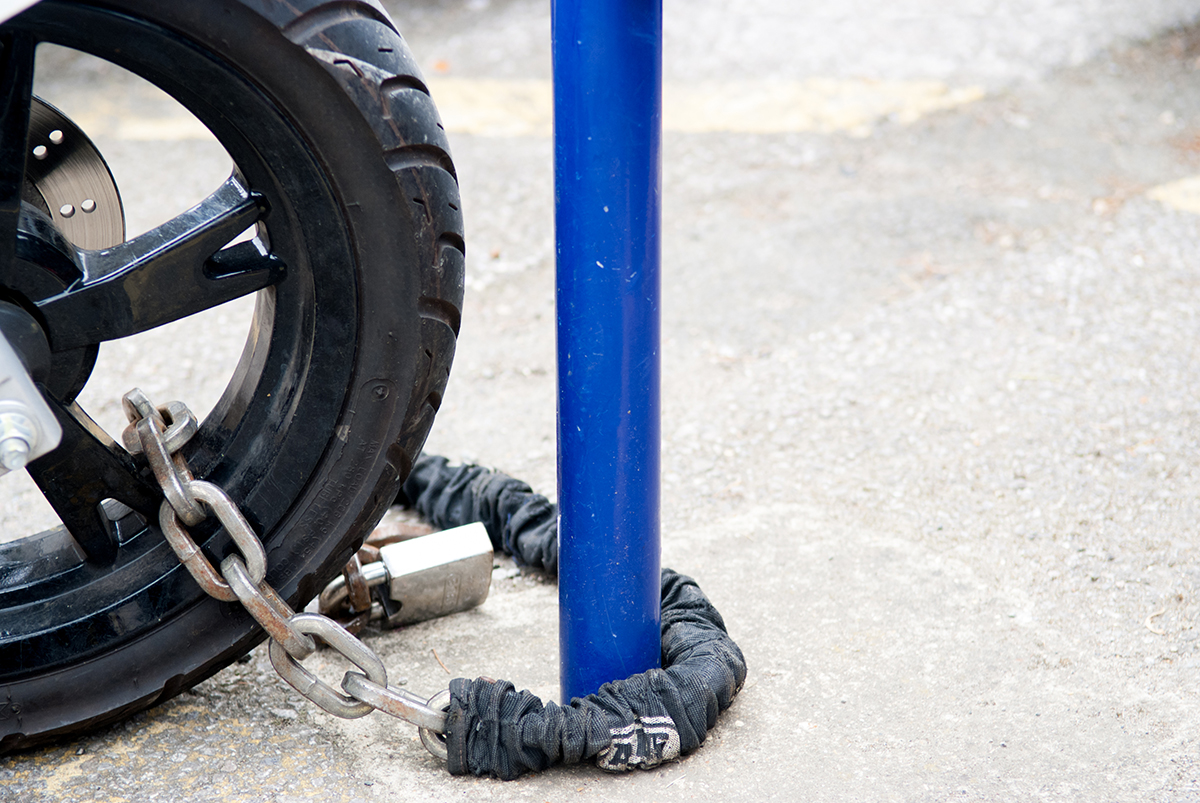Two years later, the aftershocks of the pandemic are still rattling the economy, the job market, and our everyday lives…
But of these lingering issues, there’s no greater threat to our safety than the negative impact on law enforcement and emergency response.
Staffing shortages, unacceptable response times, and rising crime are all the result of a slowly but surely fracturing 911 system.
Major cities across the US are not only experiencing unheard-of wait times, but also a mass exodus of police officers — two factors that feed into one another, leaving citizens vulnerable to theft, assault, and other violent crime.
Record Wait Times & Loss of Personnel in the Windy City
Chicago has seen a significant spike in crime in the past two years, undoubtedly fueled by the pandemic…
And the emergency response and criminal justice systems can’t seem to keep up.
In 2021, out of a total of 788,389 “high priority” 911 calls, over half of the callers were forced to wait because there was no available police personnel.
“High priority” calls include priority 1, which are situations involving an imminent threat to life, bodily injury, or major property damage, and priority 2, in which timely police response can affect the outcome of the emergency.
These priority levels represent serious, life-threatening crimes like shootings, stabbings, assaults, robberies, and domestic violence — all of which are real, documented examples of emergencies that happened last year without a timely response.
Naturally, this lack of adequate emergency response has led to a big drop in arrests for major crimes. Compared to 2019, arrest rates for robberies fell by 7%, aggravated batteries by 9%, and motor vehicle theft by an astonishing 17%.
Mass Resignation
The reason for these shocking numbers becomes clear when you look at the staffing issues plaguing the Chicago Police department.
In addition to post-Covid era policies that cut funding to the police force, officers are resigning by the hundreds to seek new jobs.
Staffing numbers have fallen to the lowest point in fifty years, dropping from 13,486 in 2019 all the way down to 11,669 in the spring of this year.
Response Times Rise Across All Milwaukee Police Districts
It’s a similar story in Milwaukee, unfortunately.
A pandemic-driven crime wave and police staffing shortage has caused response times to increase for all priority levels and in every police district throughout the city.
FOX6 Milwaukee tracked this trend over the past three years and reported just how much response times have gone up for each priority level:
- Priority 1 (imminent threat to life, injury, and property): From 2019, response times for priority 1 calls have risen by 15%, averaging out to over 10 and a half minutes.
- Priority 2 (police response can affect the outcome): Police now take 14% longer (17 minutes and 30 seconds on average) to respond to these calls than in 2019.
- Priority 3 (battery, theft, etc., where the suspect has left the scene): The biggest jump in response time, rising by a whopping 85% since 2019, with an average of over 43 minutes.
As for staffing shortages, the Milwaukee Police Department has seen 262 officers resign since 2019, dropping from 1,915 to 1,653.
New Orleans Residents Waiting Hours for Police to Respond
You read that right.
The average time it takes police to respond to a 911 call in the City of New Orleans has risen to two and a half hours.
Now, it’s important to note that this statistic is skewed by low-priority calls being placed at the end of the queue when calls are backlogged. According to the New Orleans Police Department, residents can expect much faster response times for major emergencies that pose a threat to their safety.
That being said, two and a half hours is astronomically high even for minor situations compared to most other areas in the country.
Wait times have gotten so high that police staff now have to list an increasing number of calls under “gone on arrival,” meaning that by the time police finally arrive at the scene, there’s no one to report on the emergency because they’ve given up waiting and left.
Disturbingly, the number of “gone on arrival” calls for crimes such as aggravated assault, aggravated rape, and armed robbery have risen by 14%, 20%, and 10%, respectively, compared to the 2018-2021 average.
The Fastest Way to Get Help in an Emergency
As a citizen, you may be unable to do anything about the staffing shortages affecting police departments nationwide…
But you can arm yourself with the fastest way to get help in an emergency: the Rescu app.
Rescu lets you dispatch police, fire, and ambulance services to your address or current location anywhere in the United States right from your smartphone — without saying a word.
Simply tap the service you need, then tap “Send Alert,” and the app will automatically send your location and pre-registered personal and medical info to Rescu’s private dispatch center.
Within seconds, your Rescu operator will dispatch the nearest emergency response team to your location, no questions asked.
With response times skyrocketing all across the country, every second you save during an emergency can make all the difference.
Trust Rescu to save time when it matters most. Click or tap below to get started.





